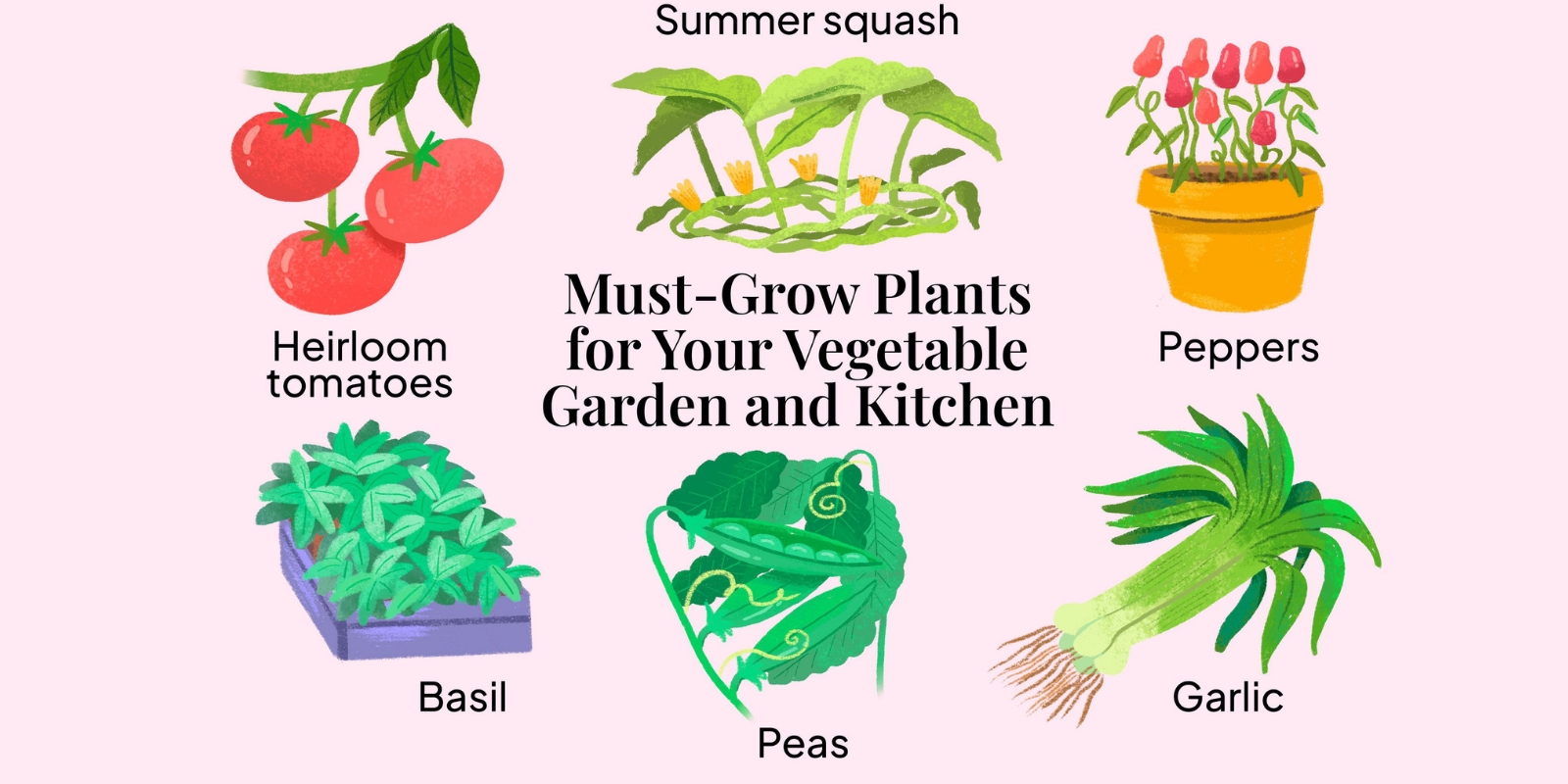Here’s a brief overview of each, along with a few tips:
- Heirloom Tomatoes (Solanum lycopersicum):
- Heirloom tomatoes come in a variety of colors, shapes, and flavors. They’re known for their unique characteristics and are open-pollinated, meaning you can save seeds for future planting. Provide support for their vines and ensure they receive plenty of sunlight.
- Summer Squash (Cucurbita pepo):
- Summer squash, including varieties like zucchini and yellow squash, are prolific producers. They thrive in well-drained soil and benefit from regular harvesting to encourage continuous production. Plant them in a sunny location and provide ample space for spreading.
- Peppers (Capsicum spp.):
- Peppers, whether sweet or hot, add diversity to your garden. They require well-draining soil, sunlight, and can be grown in containers or directly in the garden. Regular harvesting promotes further fruiting.
- Basil (Ocimum basilicum):
- Basil is a fragrant herb that complements tomatoes and many other dishes. It prefers well-draining soil and full sunlight. Pinch off the tips to encourage bushier growth and prevent flowering, which can affect the flavor.
- Peas (Pisum sativum):
- Peas are cool-season crops that can be grown in the spring or fall. Provide support for climbing varieties, and sow seeds directly in well-draining soil. Peas fix nitrogen in the soil, benefiting neighboring plants.
- Garlic (Allium sativum):
- Garlic is a rewarding crop that’s planted in the fall for a summer harvest. Choose a well-draining location and plant individual cloves about 2 inches deep. Harvest when the tops begin to yellow and fall over.
- Cucumbers (Cucumis sativus):
- While not explicitly mentioned, cucumbers are another excellent addition to your garden. They need well-draining soil, sunlight, and support for climbing varieties. Harvest cucumbers when they’re young for the best flavor.
Remember to rotate your crops each season, provide adequate water, and monitor for pests. Companion planting, such as growing basil near tomatoes to deter pests, can also enhance your garden’s success. Enjoy your vegetable garden journey!

